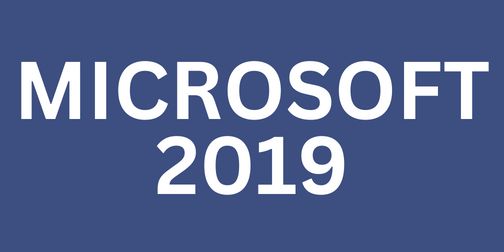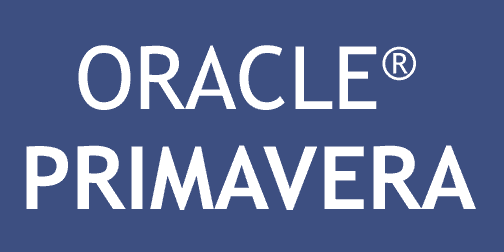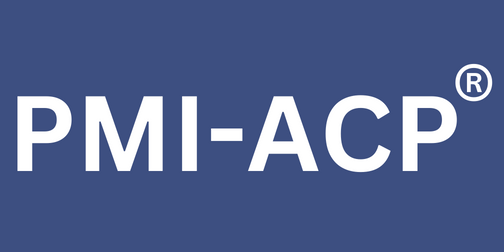Project Management
At Knowledgewoods, we offer a comprehensive range of professional certification training courses in the field of project management. Our courses are designed to equip professionals with the knowledge and skills required to excel in their project management careers. Whether you are looking to enhance your expertise in project management or seeking to obtain a globally recognized certification, Knowledgewoods has the perfect program for you.
Our Project Management Courses
Project Management Professional (PMP)®
The PMP certification is a globally recognized credential for experienced project managers. Our PMP training program is designed to help professionals master the skills needed to effectively manage projects and lead teams.
PMI Risk Management Professional (PMI-RMP)®
The PMI-RMP certification demonstrates a professional's ability to identify and assess project risks and mitigate threats. Our PMI-RMP training course provides comprehensive coverage of risk management concepts and techniques.
Program Management Professional (PgMP)®
The PgMP certification is ideal for professionals managing multiple projects and programs. Our PgMP training equips individuals with the knowledge and tools to oversee and align multiple projects to achieve strategic goals.
Portfolio Management Professional (PfMP)®
The PfMP certification recognizes the advanced experience and skill of portfolio managers. Our PfMP training program focuses on strategic and business knowledge, as well as the ability to manage and align a portfolio of projects and programs.
PRINCE2® Foundation
The PRINCE2 Foundation certification is a globally recognized credential for project management. Our PRINCE2 Foundation training provides a solid understanding of the PRINCE2 methodology and prepares individuals to work effectively as part of a project management team.
PRINCE2® Practitioner
The PRINCE2 Practitioner certification is intended for project managers and aspiring project managers. Our PRINCE2 Practitioner training program equips professionals with the ability to apply and tailor the PRINCE2 methodology to real-life projects.
Why Choose Knowledgewoods?
-
Expert Trainers: Our courses are delivered by industry experts with extensive experience in project management.
-
Comprehensive Curriculum: We offer a comprehensive curriculum that covers the latest industry trends and best practices.
-
Interactive Learning: Our training programs incorporate interactive learning methods to engage and inspire participants.
-
Global Recognition: Our certifications are globally recognized, enhancing your professional credibility worldwide.
-
Career Support: We provide career support and guidance to help you advance in your project management career.
Join Knowledgewoods and take the next step in your project management journey. Enroll in one of our project management courses today and elevate your career to new heights.
- PMP®
- CAPM®
- PRINCE2® - Foundation
- PRINCE2® - Practitioner
- AGILE - Foundation
- AGILE - Practitioner
- Certified SCRUM Master
- Certified SCRUM Developer
- Project Managers
- Delivery Managers
- Senior Executives
- Project/Department Heads
- Program/Product Managers
- Project Auditors
- Marketing Professionals
- PMO Staff
- Research & Development
- Information Technology
- Construction
- Defence
- Government
- Telecom
- Oil and Gas
- Banking Services
- Financial Services
- Energy
- Power Distribution
- FMCG
- Retail
 Certification
Certification
Most project staff are looking for global certifications to receive official acknowledgement of their project management skills as the field of project management develops and its practitioners find success. Our programmes are distinguished by current content in accordance with the relevant body of knowledge, skilled trainers, high-quality deliverables, and affordable programmes supported by exceptional customer service.
 Competency Development
Competency Development
A framework for defining, evaluating, and developing project manager competence is provided by project management competency development, founded on the idea that competencies directly impact performance. It outlines the essential characteristics of competence and points out the skills most likely to affect project management performance.
 Customized Training
Customized Training
High-quality education is flexibly delivered to you and your team through customised training, incorporating your participation and feedback. You can change your emphasis to the most critical subjects on the days and times that are most convenient for you.

















